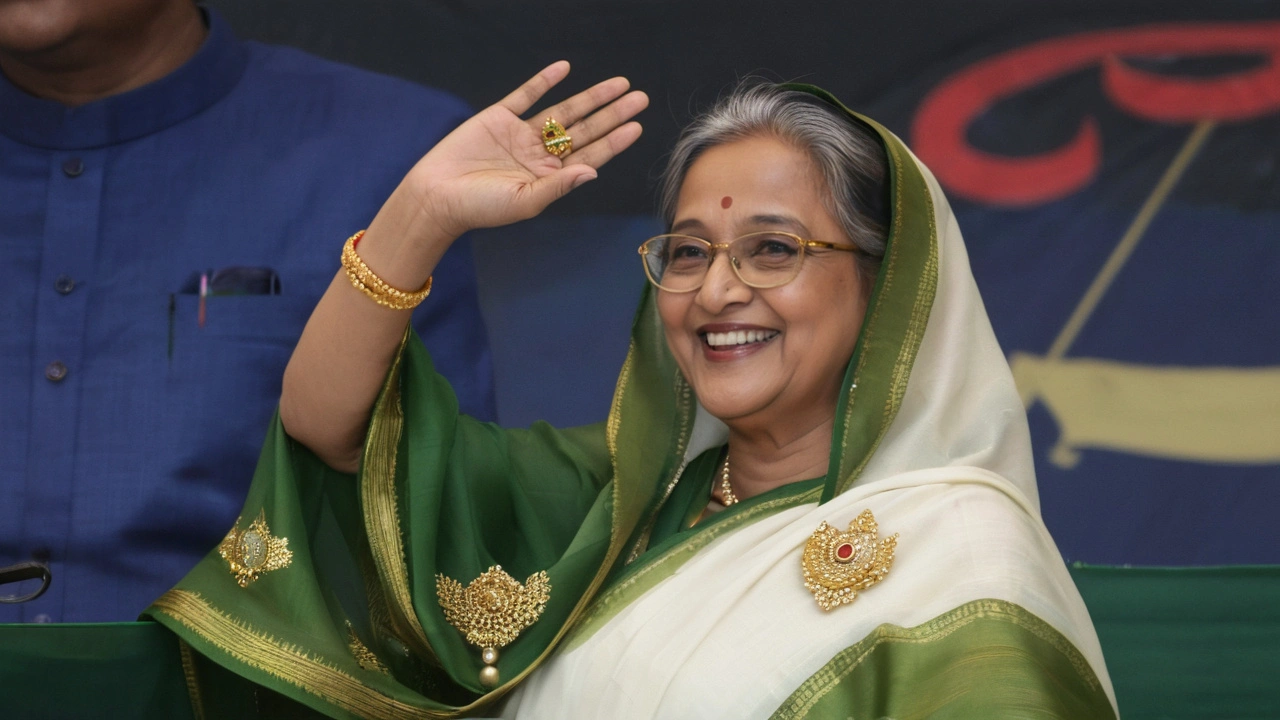When elections approach in Bangladesh, the interim or caretaker government steps in to keep things fair and steady. This special government isn't about running the country long-term but making sure the upcoming election goes smoothly without any bias. If you've ever wondered how Bangladesh manages to hold free and fair elections amid its lively political scene, the interim government is key.
This government is temporary, usually formed after the national parliament dissolves and stays in place until new representatives are elected. It’s run by a neutral chief adviser and a few advisers who are expected to stay out of politics and only focus on managing day-to-day affairs and the election process. Basically, they prevent the ruling parties from using their power unfairly during elections.
Bangladesh’s political competition can get heated, so having a caretaker government takes some heat off by removing sitting political leaders from the electoral process. It helps build trust that the election results are legit and not skewed by anyone in power. Many other countries don’t have this kind of setup, but in Bangladesh, it’s been seen as a necessary step to avoid conflicts and ensure democracy works.
But the system’s not perfect. There have been debates and changes over the years about how effective the caretaker governments are. Critics say some have not been as neutral as they should be, or that the process slows down governance. Still, it’s considered one of the better ways Bangladesh has found to handle political transitions peacefully.
If you follow Bangladeshi news or live there, knowing about the interim government helps you understand election coverage and political shifts. It clarifies why the government changes hands temporarily and what role the election commission and caretaker leaders play. For voters, it means their votes are supposed to count fairly without pressure from the usual political heavyweights.
So, next time you hear about Bangladesh entering an election phase, remember the interim government is like a referee making sure the game stays fair. It’s a unique feature of the country’s political system that aims to keep democracy alive and kicking, even when tensions run high.
Posted by
Siseko Tapile
10 Comments

Following violent nationwide protests, Bangladeshi Prime Minister Sheikh Hasina has resigned and fled the country. The Army Chief has announced an interim government. The unrest, initially sparked by student demands, led to widespread violence and numerous casualties. The military has imposed measures, including curfews, to restore order during this tumultuous period.
read more